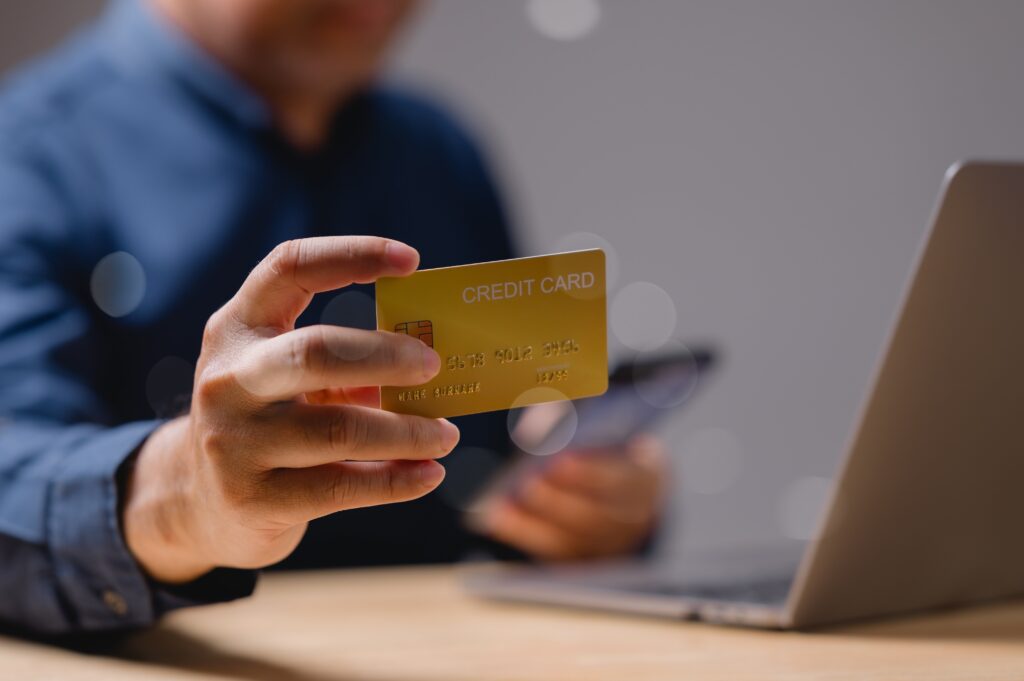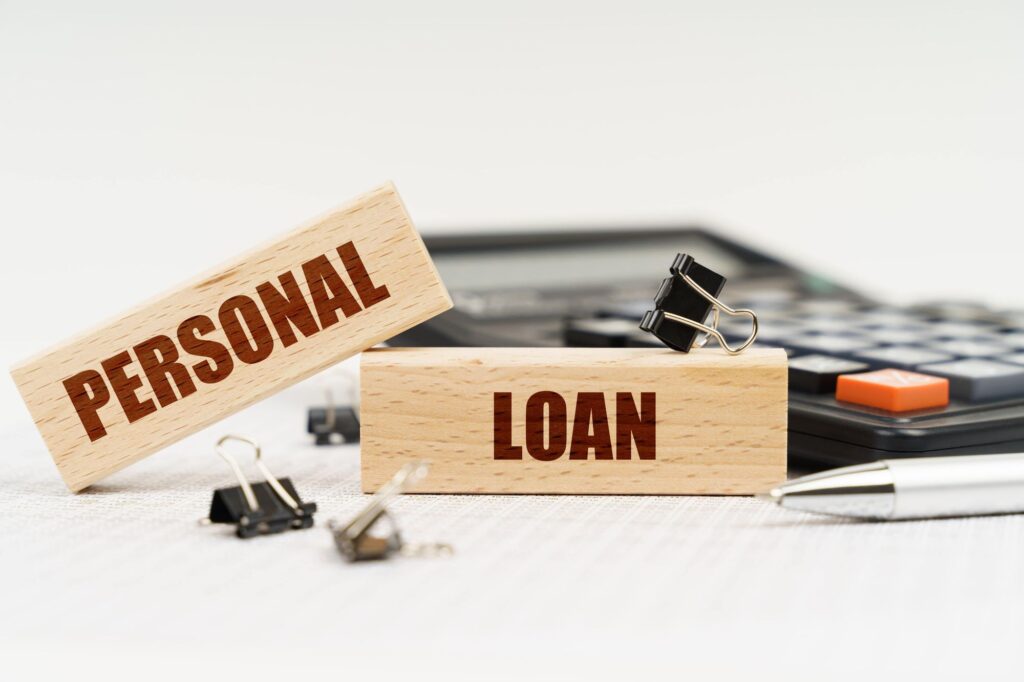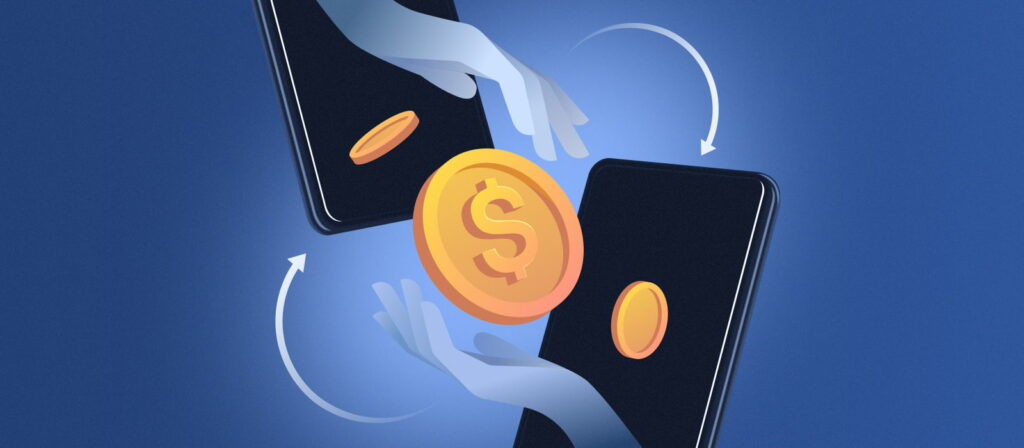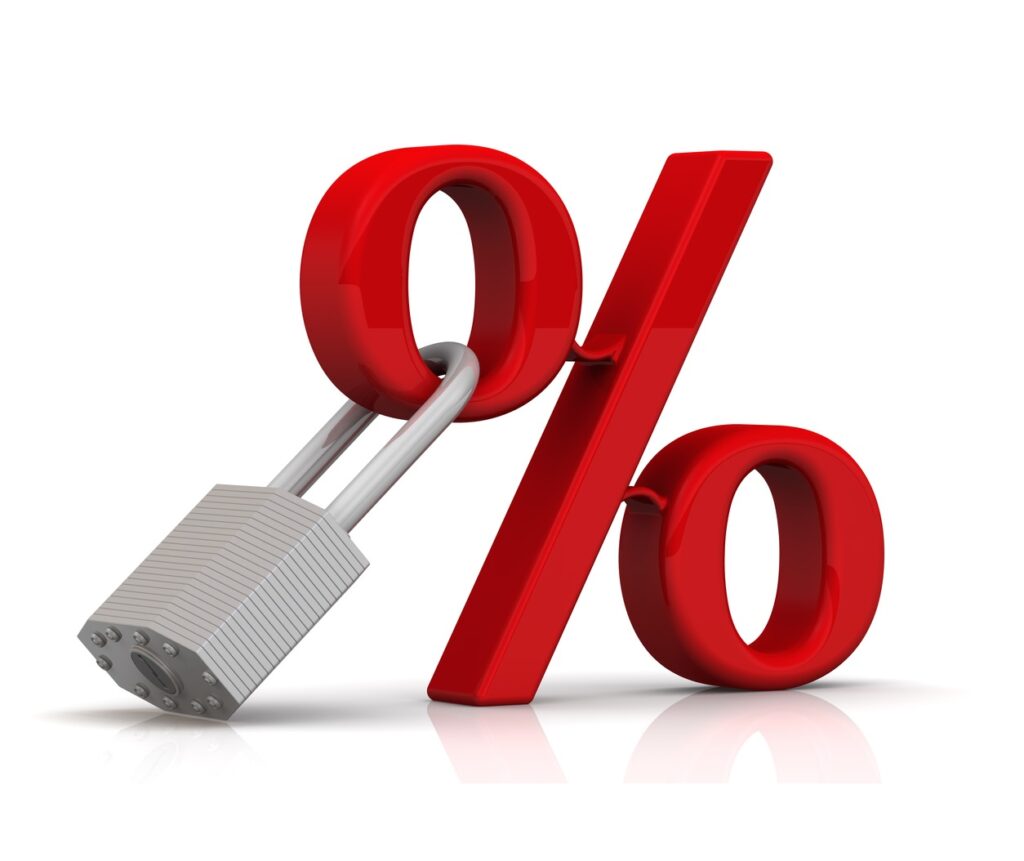Securing a loan can be daunting, especially if you have no credit history. Traditional lenders often rely heavily on credit scores to assess risk, leaving many potential borrowers at a disadvantage. However, several options exist for those seeking financial assistance without an established credit profile.
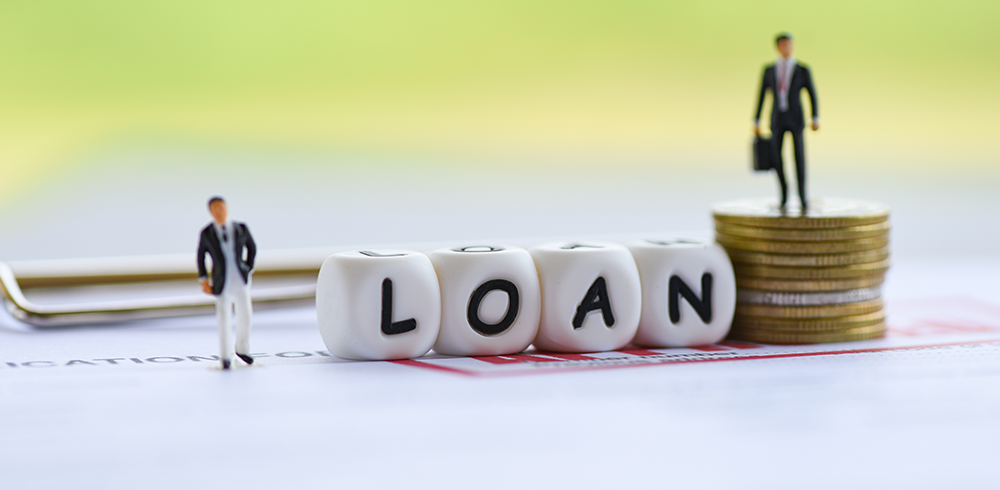
1. Credit Unions
Local credit unions can be a great starting point. Unlike traditional banks, credit unions are member-focused and often more flexible with their lending criteria. They may offer personal loans or small loans tailored for individuals without credit histories. Joining a credit union can also help you build a relationship that may benefit you in the future.
2. Secured Loans
Consider applying for a secured loan, where you provide collateral—such as a car or savings account. This arrangement reduces the lender’s risk, making it easier for you to obtain financing. While you risk losing the collateral if you fail to repay, it can be a viable path to getting a loan if you have no credit history.
3. Co-Signer
If you have a family member or friend with good credit, asking them to co-sign your loan can significantly improve your chances of approval. A co-signer agrees to take responsibility for the repayment if you default, which provides reassurance to lenders.
4. Alternative Lenders
In recent years, many online lenders have emerged, specializing in loans for individuals without credit histories. These lenders often use alternative data to assess creditworthiness. However, it’s crucial to thoroughly research these lenders to understand their terms and ensure they are reputable.
5. Peer-to-Peer Lending
Peer-to-peer (P2P) lending platforms connect borrowers directly with individual investors. This can be an excellent option for those lacking traditional credit. P2P platforms often have more lenient eligibility requirements, making them accessible to a broader audience.
6. Building Credit First
If time permits, consider building your credit history before applying for a loan. A secured credit card can be an effective tool. By making small purchases and paying them off on time, you can establish a positive credit history that will aid future loan applications.
7. Microloans
Nonprofit organizations and community programs often offer microloans to individuals with limited credit. These smaller loans can help you cover essential expenses and begin building your financial reputation.
Final Thoughts
While obtaining a loan with no credit history can be challenging, various options are available. From credit unions and secured loans to alternative lending solutions, it’s essential to explore all avenues. With careful planning and persistence, you can find the financial support you need.

